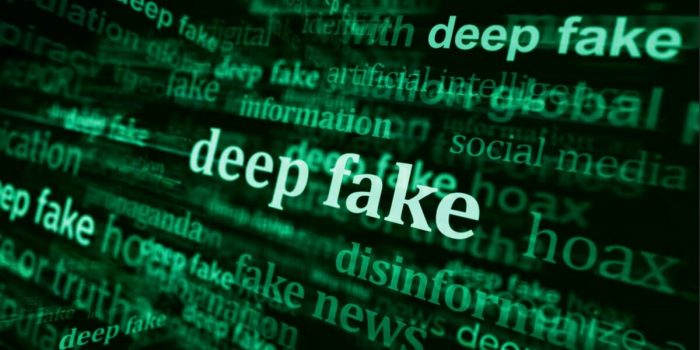According to recent research published in the journal PLOS One, scientists discovered that false memories can be implanted by showing people deepfake clips of movie remakes that never actually existed.
In the study, participants were shown deepfaked clips of fictional movie remakes, and they were so realistic that some participants believed these fake movies were real and even ranked them higher than the original films.
“However, deepfakes were no more effective than simple text descriptions at distorting memory,” the paper reads, suggesting that deepfakes aren’t entirely necessary to trick somebody into accepting a false memory.
“We shouldn’t jump to predictions of dystopian futures based on our fears around emerging technologies,” lead study author Gillian Murphy, a misinformation researcher at University College Cork in Ireland, told The Daily Beast. “Yes there are very real harms posed by deep fakes, but we should always gather evidence for those harms in the first instance, before rushing to solve problems we’ve just assumed might exist.”
The researchers showed these deepfaked videos to 436 participants, and approximately 49 percent of them were fooled by the fake content. For example, 41 percent of those who were deceived thought that the deepfaked “Captain Marvel” remake was better than the real one.
Surprisingly, a simple text description of the deepfake was equally convincing, raising concerns about how easily our recollections of reality can be distorted.

“Our findings are not especially concerning, as they don’t suggest any uniquely powerful threat of deepfakes over and above existing forms of misinformation,” Murphy told The Daily Beast.
To protect ourselves from such deepfakes in the future, it is essential for people to be technologically literate and able to recognize the difference between real and deepfaked media. However, with generative AI becoming more advanced over time, we must remain vigilant to prevent these technologies from altering our understanding of the past.


